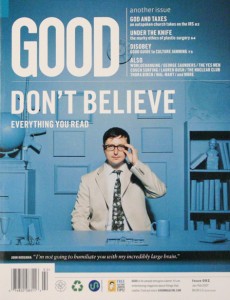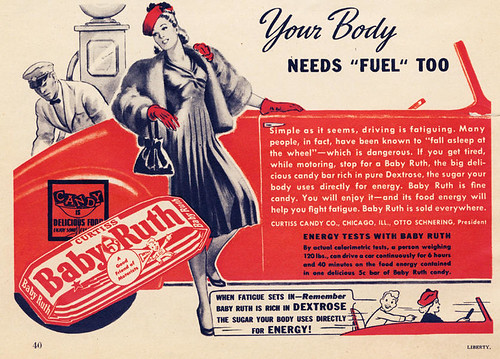Free is wrong for writers; Freemium might not be

What [FREE author Chris Anderson] is proposing is down somewhere, on the scale of ethics, well beneath Wal-Mart’s policies of no longer hiring any full-time workers so as to avoid health and unemployment insurance. It is in fact some weird sort of neo-feudal, post-contract-worker society, in which he will create a dystopian and eager volunteer-slave system of “attention-paid” enthusiasts (which is to say, people with no other options, and no capital of their own) to create products from which rich people can get richer.
“Chris Anderson Is Worse Than Wal-Mart“, The Awl
The “FREE” debate rages on — with thought-provoking posts by Will Hindmarch, Mitch Ratcliffe, Fred Wilson and Mark Cuban added to the mix (along with the one quoted above, from The Awl) — and in the midst of it, the need for some clarification jumped out at me: “Free” and “Freemium” are NOT the same thing.
They’re getting intertwined in the debate, though, and for writers developing their own platform, understanding the difference between them is critical.
“Free” is the realm of venture capitalists like Wilson and cagey opportunists like Anderson. It is usually based on an advertising-supported model that demands scale and/or desirable demographics for profitability, along with as much freely contributed content as possible to keep expenses down. A niche strategy can work, too, if the audience is highly targeted; ie: Anderson’s GeekDad site, whose business model The Awl criticized for resembling “a digital-age medieval society”.
In the print world, most B2B magazines are built on the “free” model, with “qualified” subscribers getting the magazine for free (controlled circulation) because it’s subsidized by advertisers who want to reach that particular niche. Much of their content is often freely contributed by non-writing professionals, too, primarily to position themselves as thought-leaders within their respective industries. With the stark decline in ad revenues of late, “free” is an increasingly precarious business model for publishers, and many are struggling to transform to a “freemium” model, developing additional products and services that are of value to their readers and worth paying a premium for.
“Free” isn’t a viable business model for writers, but “freemium” just might work… for some.




 The bad news in the publishing industry didn’t let up last week as reports of cutbacks and layoffs and dramatically decreased revenues continued to pour in, and TheMediaIsDying tweeted every depressing bit of it, from major publications to small local radio stations, the rare bit of positive news they offered up paling in comparison.
The bad news in the publishing industry didn’t let up last week as reports of cutbacks and layoffs and dramatically decreased revenues continued to pour in, and TheMediaIsDying tweeted every depressing bit of it, from major publications to small local radio stations, the rare bit of positive news they offered up paling in comparison.
